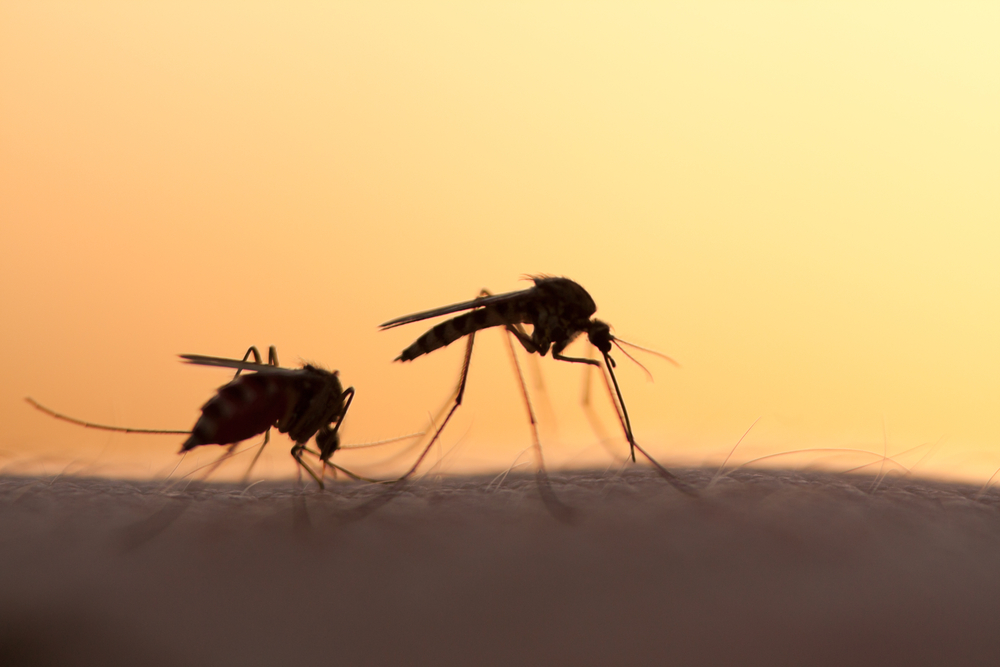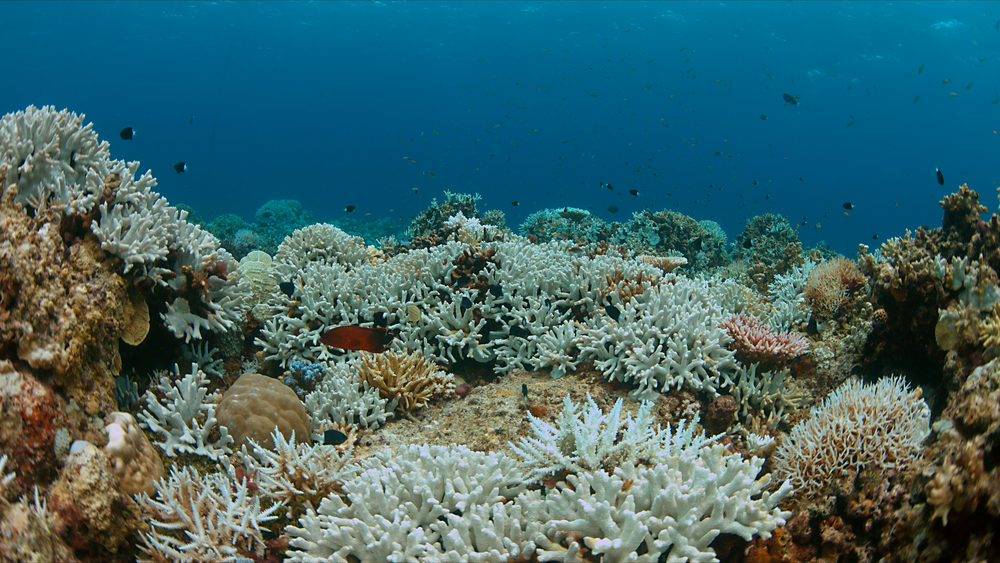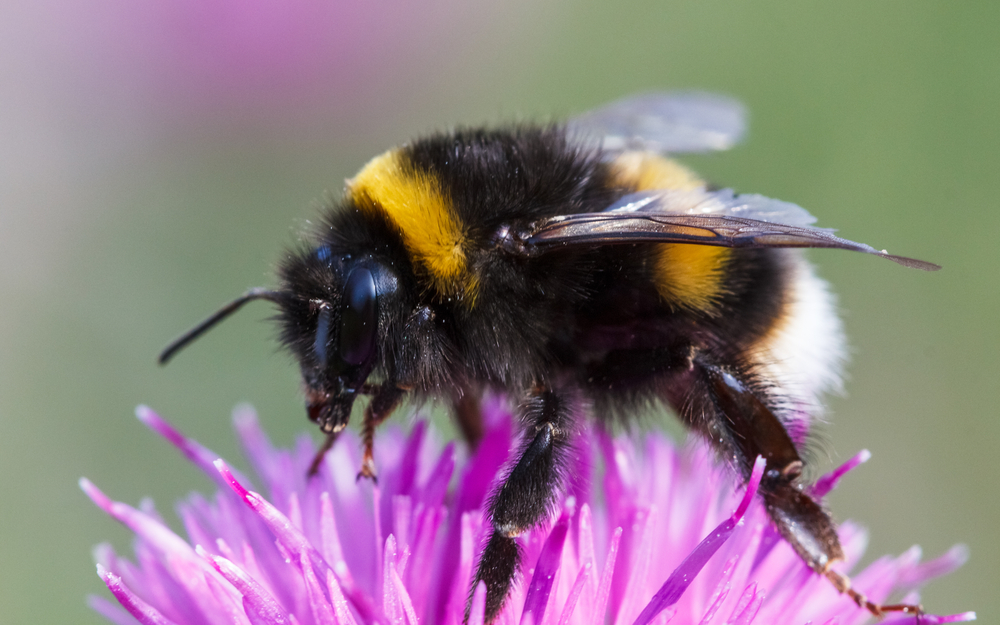Science
From mathematics and AI to medicine and psychology, The Optimist Daily features the latest news on discoveries, technological advances, and breakthroughs in the world of science. Our Science section is here to engage and enlighten you.

Tennessee's ELVIS Act: A pioneering legislation protects artists from AI misuse
Tennessee made history late last month by signing the Ensuring Likeness Voice and Image Security Act (ELVIS Act), which was the first piece of legislation specially designed to protect artists from unlawful AI mimicry. Governor Bill Lee lauded the historic event, underscoring Tennessee's dedication Read More...

NaviLens: championing inclusive urban transport for the blind and visually impaired
Every journey in the fast-paced urban transportation world presents its own obstacles. For people with visual impairments, riding public transit might feel like starting on an undiscovered adventure. Despite these challenges, NaviLens, an app that is transforming the urban transit environment with Read More...

The future of healing: 3D printing skin directly onto open wounds
Pennsylvania State University researchers achieved a major medical science breakthrough by being the first team ever to 3D print real human skin tissue directly onto open wounds. This novel strategy has enormous potential to revolutionize wound healing, reconstructive surgery, and even hair loss Read More...

Brazil's inventive response: using Wolbachia mosquitoes to combat dengue outbreaks
As Brazil deals with a steady increase in dengue fever incidence, novel strategies to control the spread of this viral disease are emerging. With climate change and mutating virus subtypes worsening the situation, health officials are employing novel strategies to curb the stream of infections. One Read More...

Reef Stars revival: innovative solutions to coral reef restoration
Coral reefs, vibrant undersea ecosystems brimming with life, are experiencing an existential crisis. With forecasts indicating that 90 percent of these unique ecosystems may perish by 2050, immediate action is required. Despite this grim picture, scientists are discovering new and Read More...

Opill: the over-the-counter birth control transforming access to contraception in the US
Opill, the first over-the-counter birth control pill in the United States, is poised to change the landscape of contraceptive access. It is a progestin-only contraceptive pill and boasts an impressive 98 percent efficacy rate in preventing pregnancy, as substantiated by data submitted to the U.S. Read More...

Your guide to witnessing April's total solar eclipse in North America
With the total solar eclipse just around the corner, enthusiasm is building throughout North America. On April 8, a celestial display will occur as the moon crosses the sun, creating a shadow across a large portion of the continent. While acquiring premium lodgings may be difficult at this time, Read More...

Europe raises the bar: MEPs approve the world's first comprehensive AI legislation
In a historic move, the European Parliament approved the world's first comprehensive framework for regulating artificial intelligence (AI). Driven by concerns about prejudice, privacy violations, and societal hazards, the AI Act represents a crucial step toward managing the rapidly increasing AI Read More...

The surprising human-like intelligence of the humble bee
In the wonderful world of bumblebees, a stunning discovery calls into question the idea that intelligence is entirely determined by brain size. These tiny insects, with brains the size of a seed, have astounded scientists by exhibiting a degree of collective intelligence previously thought to be Read More...

A guide to the 2024 solar eclipse
When the skies over Mexico and North America darken on April 8, all eyes will be drawn upward to behold a celestial phenomenon that only happens once in a generation: a total solar eclipse. This stunning phenomenon, in which the moon passes squarely between Earth and the sun, offers an Read More...


